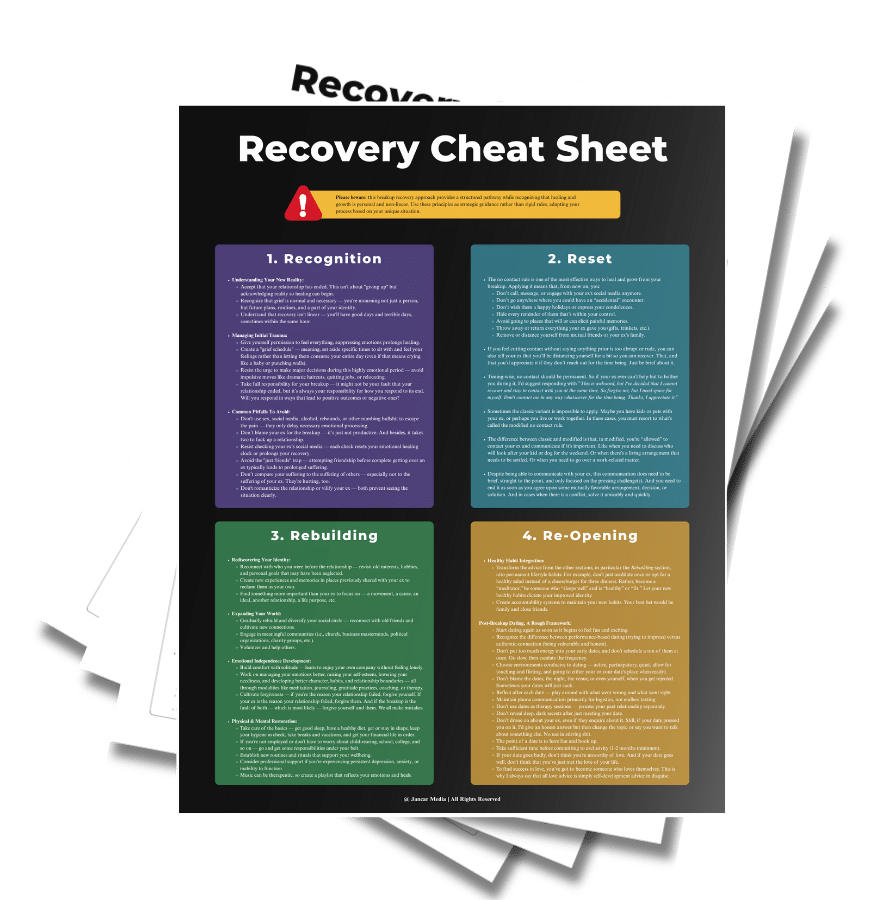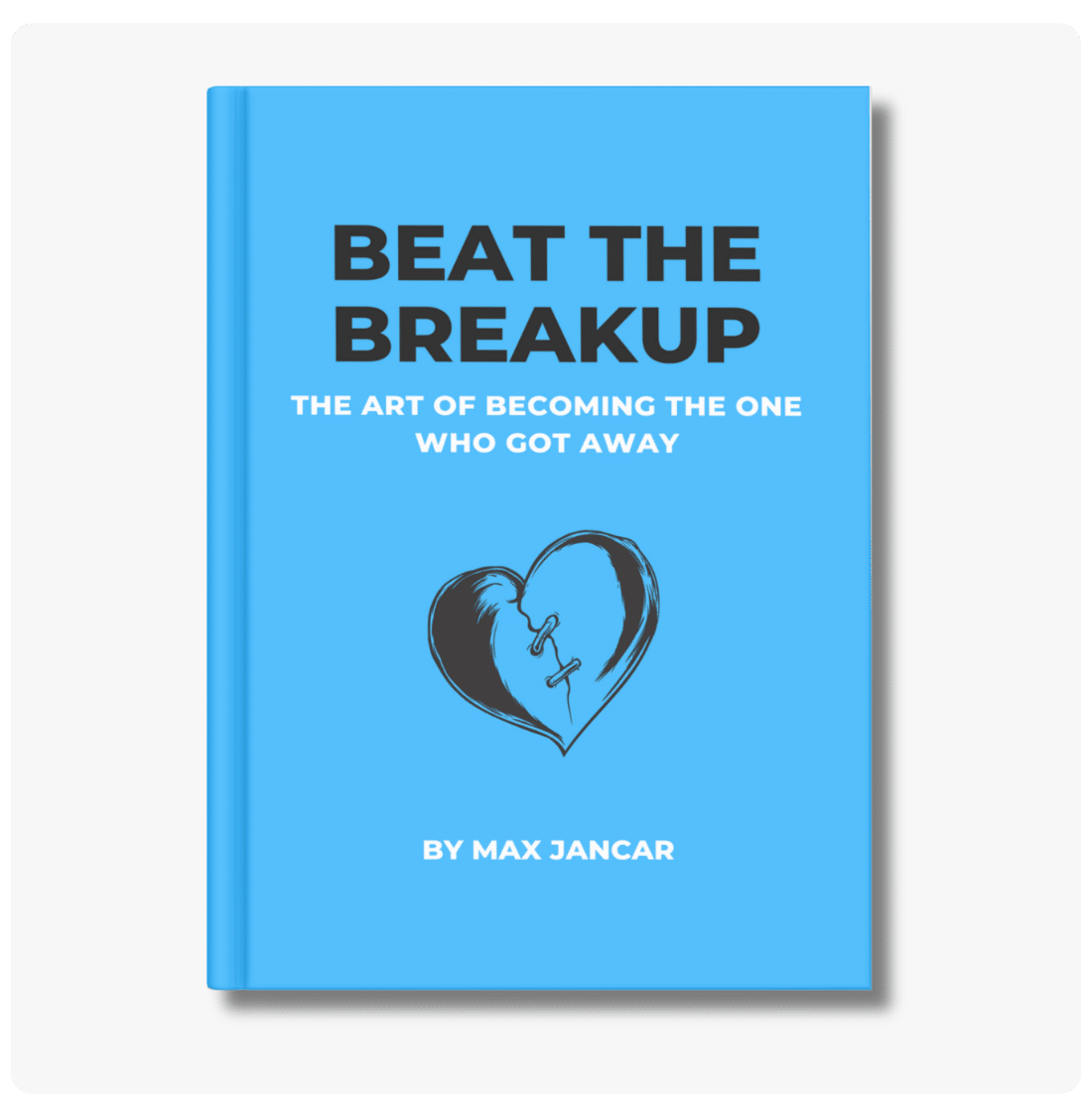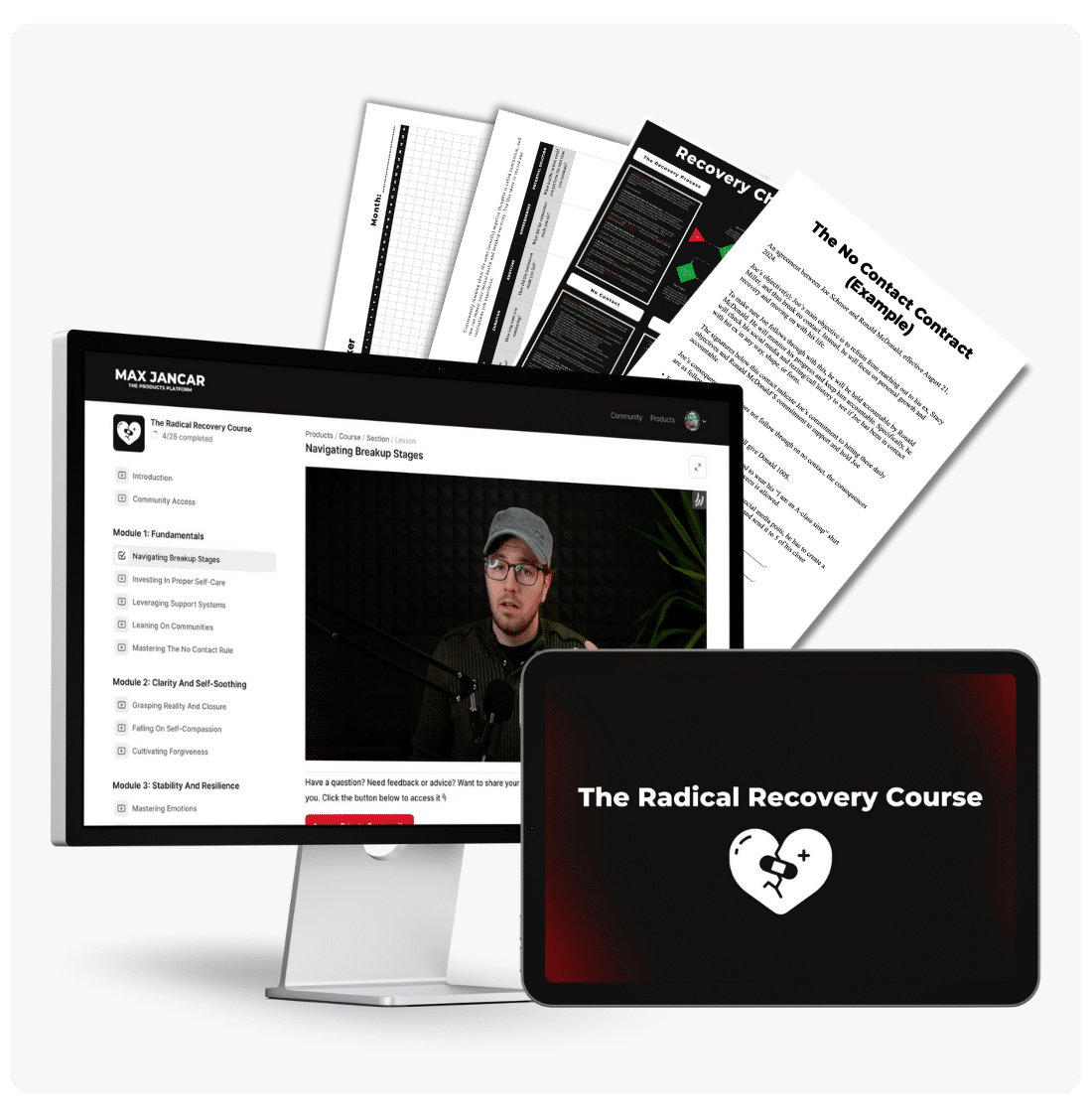Click play to listen to this article.
Disclaimer: I see myself as a cheerful nihilist. It’s a personal philosophy I decided to live my life by until further notice. Suppose you have your own personal philosophy, great. Keep it. I’m not prescribing my own. I’m just sharing it because it worked for me, and I figured it might also work for some of you.
***
Years ago, while I was plowing through the bloodstained aftermath of one of my biggest breakups, a peculiar set of thoughts crept into my mind, growing louder and more pronounced with each passing night.
“Who cares if my ex dumped me. It’s not like it matters in the grand scheme of things or means anything. There’s no point in being depressed, sulky, and staying home all day, wasting my life. I should rather resume living it and making something good out of it while I still can. After all, I could die tomorrow, and everything would be over.”
Now, I’m not a believer in sweeping breakthroughs, but holy fuck, did these realizations shift my entire existence. I can’t explain the relief I felt afterward.
Realizing my life is meaningless and that there’s no point in taking anything too seriously was, in the words of Wendy Syfret, one of the most comforting revelations of my life. I had just discovered nihilism.
Historically, nihilism never had a cheerful reputation. At its heart, it’s a belief that existence is intrinsically meaningless and devoid of value, that our purpose and worth are made-up, that there are no absolute moral or ethical values (i.e., honesty, loyalty) and systems (i.e., religion, politics), and that we are nothing but specks of cosmic space dust, swirling around a cold and indifferent space rock.
I get that this all sounds depressing as shit, but there’s actually a sunny side to nihilism that most people overlook — a side that can make you feel better after a breakup or just about any setback or challenge.
First, if everything you are and who you will be will eventually wilt away and die, there’s no point in sulking over your breakup, feeling sorry for yourself, and missing out on life. Why waste time? Why bother?
At best, you are but a flash of light between two ends of never-ending blackness, so you might as well pick yourself up and live out this flash of light as actively and bravely as you can. You only get one life.
Second, if there are no moral and ethical values or systems, you don’t have to feel pressured to be a certain way. You aren’t required to do anything other than be the person you want to be.
In a way, nihilism sets you free. For example, instead of being upset and feeling inferior because your best friend has a loving relationship and you don’t, it helps you realize that you don’t need a loving relationship to be worthy in the first place. You can simply decide you’re worthy at any moment, under any circumstances.
Third, since your existence is pointless, and anything you do and become essentially doesn’t matter when taking the entire scope of human history into context, you don’t have to overwhelm yourself with stuff like a breakup.
Your breakup, along with all of your failures, losses, as well as successes, will eventually be forgotten. I don’t know about you, but this elates me. It means my problems, although they sometimes feel menacing or unique, are actually quite small and ordinary.
Fourth, if there is no meaning to life and us, who says we can’t create one. This, I’d argue, is the sunniest part of nihilism: the annihilation of meaning drives the creation of meaning. We get to decide what matters, what we value and find meaningful, and what takes precedent.
If we apply this theory to heartbreak, we can conclude that a breakup is inherently just a shitty thing that happens to us. It doesn’t mean anything. But through meaning-creation, we can waive a narrative around it that leads to empowering and positive outcomes.
For example, instead of thinking our breakup means nothing, or, worse, that it’s an indicator that we’re a shitty partner and a worthless human being, we can decide that it means we’re simply a person who made some mistakes.
And then, we can decide that it was a gift since now we can take a good long look at ourselves and how we approached relationships and determine where we can improve.
Again, nihilism may sound depressing, but you’d be surprised how many people find peace and comfort in it. And its implications expand far beyond breakups, too.
The first time I got deep into it, for example, wasn’t when I was going through a breakup — that’s only when I discovered it. The time I got deep into nihilism was when I got fed up with the exceptionalism and status-worship I was raised in and molded by.
For a long time, I felt I was special and unique and destined for great things, and my rationale was that I needed to work all the time to reach them. Otherwise, I’d be a failure and a bad person.
Now, I have nothing against big goals. I still have them for this blog. The problem are the unrealistic expectations I tied to them and that I identified with them too much.
These tendencies made me feel inadequate and worthless whenever I’d take a break from work, and forced me to neglect every other area of my life. I was a mess. Alas, such are the struggles of being engrossed in exceptionalism.
Eventually, I became fed up with the toxic mentality and turned to nihilism. It was like a balm for my work obsession. It compelled me to invest my time and energy, not just in work but also in my relationships, health, fitness, hobbies, social life, etc.
But above all, nihilism made me realize that I’m not special, that I’m not destined for anything, that I am, inherently, nothing. So I learned not to take myself and life, even when it got difficult, too seriously. And I’m a much happier and more resilient person because of it. Probably happier and more resilient than I ever was.
This cheat sheet lays out 40+ solutions to overcoming a breakup so you can create a new opportunity for love — be that with your ex or someone completely different.
Get The Free Cheat Sheet


